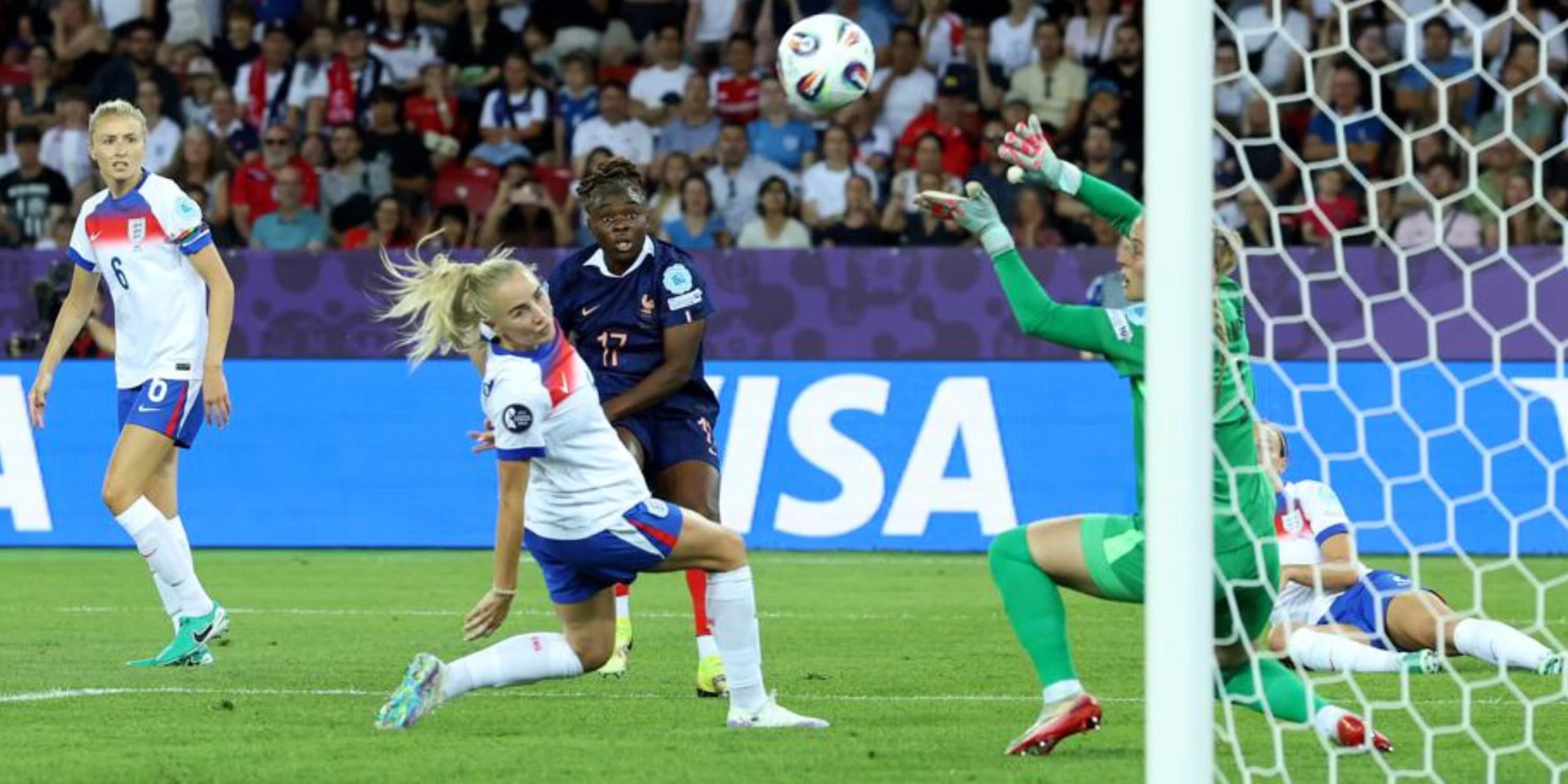Switzerland had a record-breaking summer as Women’s Euro 2025 generated record-breaking revenue figures for the economy in a tournament, which set attendance records and boosted the profile of women’s football across the country.
The tournament saw England come out as winners, beating pre-tournament favourites Spain on penalties.
Two months on, UEFA have published numbers showing how successful the tournament in Switzerland was.
Women’s Euro 2025 revenue offers boost to Swiss economy
UEFA have confirmed that Women’s Euro 2025 generated CHF 205m (£190m) of revenue for the Swiss economy.
As per The Halfway Line, this was helped by a 21-brand sponsorship lineup that drove a 150 per cent increase in sponsorship revenue compared to Euro 2022.
Euro 2025 was also a commercial success. Prize money more than doubled from £13.8m to £35.4m, with England collecting £4.3m for winning the tournament.
Spain took £3.6m for finishing second and Germany and Italy, the semi-finalists, earned around £2.7m.
Women's Euro 2025 generated CHF 205m (€220m) into the Swiss economy, UEFA says.
The Swiss Women's Super League faced a 49% attendance increase on the opening weekend compared to 2024.
More details on the impact of #WomensEuro2025 👇🇨🇭https://t.co/oXGT6EuZz7
— Jamie Spangher (@jamiespangher) September 15, 2025
Attendance and TV figures for Women’s Euro 2025
Television audiences were huge, with 412 million people watching live coverage and a total cumulative audience of more than 500 million.
The Euro 2025 final drew the highest TV audience for the year in the United Kingdom.
The tournament set new highs for spectators, with an average of 20,000 people at each game, the most ever at a Women’s Euro.
Out of 31 matches, 29 were sold out, with 657,291 tickets sold in total. About 35 percent of fans came from abroad, giving Swiss tourism a lift. Hotels reported a 9 percent increase in bookings from European visitors compared with July 2024.
Women’s Euro 2025 set many records, including the most-attended Women’s Euros tournament in history at a total of 657,291.
Fans also got involved off the pitch. Around 1.2 million people visited fan zones in the eight host cities, while 95,000 joined organized walks to the stadiums. Switzerland’s quarter-final against Spain alone saw 20,000 fans walking together to cheer on the teams.
Volunteers played a huge role too, with 2,500 people from 73 countries helping out, many of them taking part in a UEFA event for the first time. Their ages ranged from 18 to 82 and women made up 55 percent of the group.
Legacy beyond Euro 2025
The impact on women’s football in Switzerland has been immediate.
The Swiss Women’s Super League saw a 42 percent rise in attendance compared with the first games of the previous season.
Meanwhile, £9.5 million has been secured for the Here to Stay programme, which aims to double the number of female players, coaches and referees by 2027.
Sustainability was another focus. Swiss Railways offered free train travel, 86 percent of fans chose eco-friendly transport, and five tournament sponsors actively supported UEFA’s environmental and social initiatives.
The success sets a high bar for future events, with the hosts for Euro 2029, including Germany, Denmark-Sweden, Poland and Portugal, to be announced at UEFA’s December executive committee meeting.




